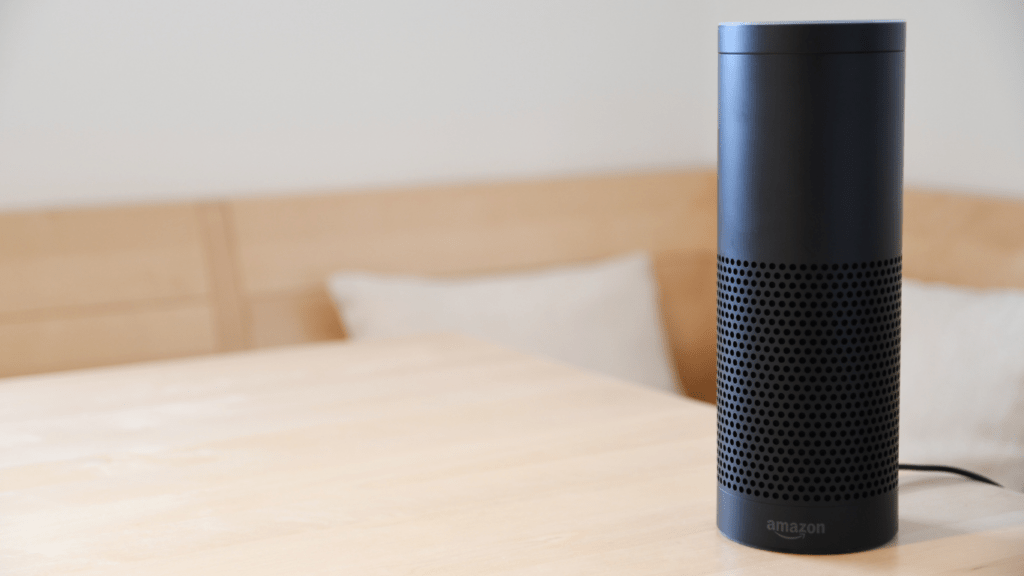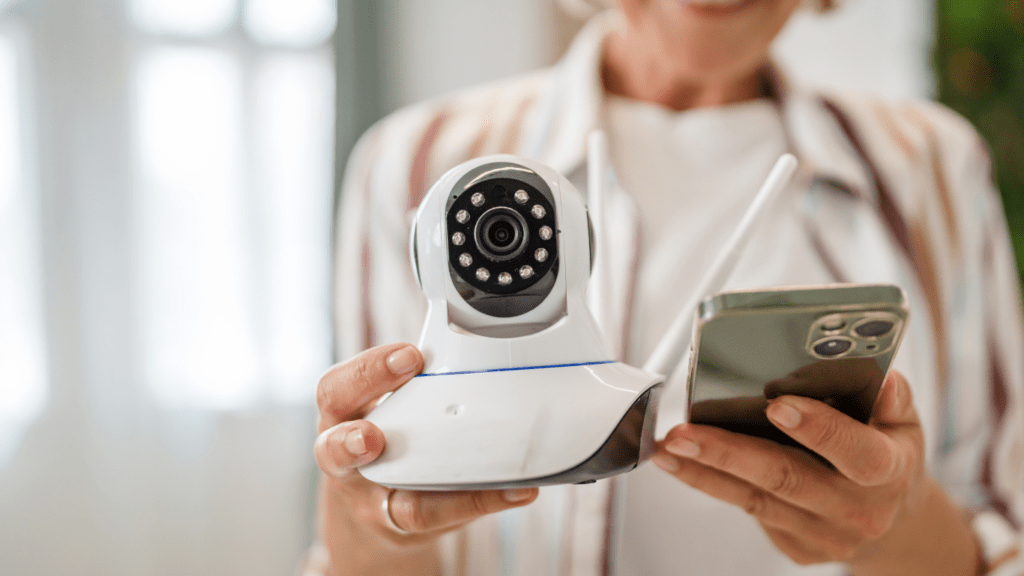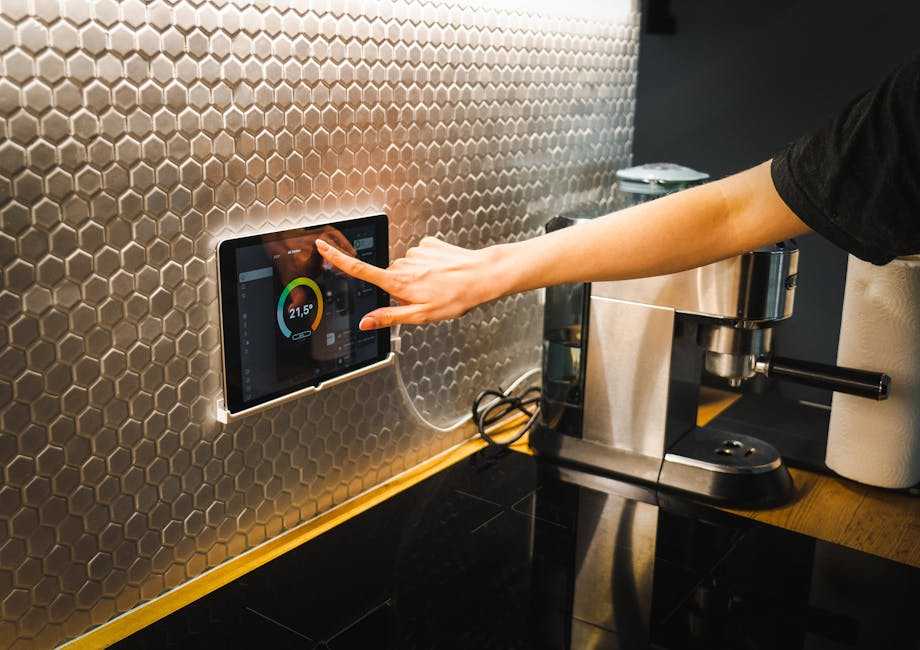The Importance Of Smart Home Hubs
Managing various smart devices efficiently hinges on having a reliable smart home hub. These hubs act as the brain of a connected home, allowing seamless integration and control of multiple smart products. Without a hub, each device might require its own separate app, creating a fragmented and confusing user experience.
A hub centralizes control, providing a unified interface for all devices. This integration not only simplifies day-to-day operations but also enhances the functionality of individual devices. For example, integrating lights and motion sensors through a hub can automate lighting based on room occupancy.
Interoperability is a key benefit of smart home hubs. They support multiple communication protocols like:
- Zigbee
- Z-Wave
- Wi-Fi
ensuring devices from different brands can work together. This broad compatibility extends the range of devices that can be added to a home system, from smart locks to security cameras.
Enhanced security comes with consolidating control under a single hub. Security breaches become less likely when managing device access through one platform rather than many. Regular updates from hub manufacturers also ensure the system stays protected against new threats.
Voice control integration is another advantage. Many hubs are compatible with digital assistants like Amazon Alexa, Google Assistant, and Apple HomeKit, allowing users to control devices using voice commands. This feature adds convenience, especially when managing numerous devices.
Increased automation capabilities result from using a smart home hub. Users can set routines and scenarios where multiple devices interact automatically. For instance, a “Good Morning” routine might turn on lights, adjust the thermostat, and start the coffee maker simultaneously.
A smart home hub provides future-proofing for connected homes. As technology advances, new devices can be integrated without overhauling the entire system. This flexibility ensures the smart home evolves with changing user needs and emerging technologies.
Key Features To Look For
When choosing a smart home hub, several key features can significantly impact your experience. Consider these aspects to find the best hub for your needs.
- Compatibility
Compatibility is crucial for a seamless smart home setup. The hub should support multiple communication protocols like Zigbee, Z-Wave, and Wi-Fi. This ensures it can connect various devices such as lights, thermostats, and security systems from different brands. Look for hubs that work with popular digital assistants like Amazon Alexa, Google Assistant, and Apple HomeKit to enable voice control.
- Ease Of Use
Ease of use dictates how quickly and smoothly you can set up and operate your smart home hub. User-friendly apps and clear instructions simplify the installation process. An intuitive interface lets you easily manage and automate your devices. Some hubs offer drag-and-drop functions for creating routines, making automation accessible to everyone, even those without technical expertise. - Security
Security should be a top priority when integrating multiple devices into one hub. Centralized control reduces the risk of breaches by limiting points of entry. Regular firmware updates provide ongoing protection against new threats. Encryption protocols ensure data transmitted between the hub and devices remain secure. Consider hubs with robust authentication processes like two-factor authentication to enhance security further.
Top Smart Home Hubs In 2023

Selecting the best smart home hub involves evaluating various options. The following are standout choices for 2023.
Amazon Echo Plus
The Amazon Echo Plus offers robust Alexa integration. This hub supports Zigbee, letting users control several devices through simple voice commands. It features an array of smart home skills and can seamlessly connect with lights, locks, and thermostats. The built-in speaker delivers high-quality sound for an immersive audio experience. Its user-friendly app simplifies device management and routine setup.
Google Nest Hub
The Google Nest Hub combines a smart display with powerful Google Assistant capabilities. It supports various smart home devices and provides visual feedback, making it easier to monitor home activity. The device integrates with Nest products for enhanced home security and convenience. The Nest Hub’s voice recognition system personalizes responses based on individual user preferences. Its touchscreen allows easy control over connected devices, creating a comprehensive smart home experience.
Samsung SmartThings Hub
The Samsung SmartThings Hub is renowned for its compatibility. It supports multiple communication protocols, including Zigbee and Z-Wave, ensuring a flexible setup. Users can connect a wide range of devices from different brands, making it an excellent choice for diverse smart home ecosystems. The Hub’s app provides an intuitive interface for setting up automated routines and monitoring devices. It also integrates with popular digital assistants, adding voice control functionality to its extensive suite of features.
Apple HomePod
The Apple HomePod emphasizes privacy and advanced sound quality. It integrates seamlessly with Apple HomeKit for a secure and efficient smart home experience. The HomePod uses Siri for voice control, offering hands-free operation for various connected devices. Its high-fidelity audio capabilities ensure premium sound output. The device’s compatibility with other Apple products enhances the overall smart ecosystem, making it an ideal choice for dedicated Apple users.
These smart home hubs cater to different needs and preferences, ensuring a tailored solution for efficient home automation in 2023.
Comparison Of Performance
Performance is a critical factor when choosing a smart home hub. Here, I’ll compare the top hubs based on speed, range, and reliability.
Speed
Speed in smart home hubs affects how quickly devices respond to commands. The Amazon Echo Plus excels in this area, with near-instantaneous responses when controlling Zigbee devices. The Google Nest Hub is also impressive with rapid reaction times, especially when using Google Assistant. Samsung SmartThings Hub takes a bit longer due to its extensive compatibility with multiple protocols. Apple HomePod, while fast with HomeKit devices, lags slightly when integrating non-Apple devices.
Range
Range determines how far devices can be from the hub and still maintain connectivity. Amazon Echo Plus offers a strong range, thanks to its Zigbee radio, ensuring stable communication across multiple rooms. Google Nest Hub offers decent range within Wi-Fi reach but struggles with longer distances. Samsung SmartThings Hub leads with superior range due to its support for both Zigbee and Z-Wave, covering more ground in larger homes. Apple HomePod has a limited range, optimal for smaller spaces using Wi-Fi and Bluetooth.
Reliability
Reliability measures consistent performance without dropouts or failures. Amazon Echo Plus stands out with consistent firmware updates and robust Alexa ecosystem support. Google Nest Hub is highly reliable within the Google ecosystem but may have issues with third-party devices. Samsung SmartThings Hub offers top-tier reliability, handling numerous devices smoothly with minimal downtime. Apple HomePod provides exceptional reliability with HomeKit devices, though third-party integrations sometimes falter.
User Experiences And Reviews
Amazon Echo Plus
Users of the Amazon Echo Plus often praise its robust integration with Alexa. Many value the seamless voice control for managing smart home devices like lights and thermostats. Several users highlight the quick response times, noting the hub’s speed in executing commands. Reviews on platforms like Amazon emphasize the easy setup process and strong Zigbee support. Some users mention difficulty connecting non-Zigbee devices, but overall, the feedback is positive for those entrenched in the Alexa ecosystem.
Google Nest Hub
Google Nest Hub users frequently commend its combination of smart display and Google Assistant capabilities. Many appreciate the visual element for managing smart devices, and the ease of using voice commands In everyday tasks. Reviews on Google Store mention strong integration with other Google services and compatible devices. While some users cite issues with third-party device compatibility, most find reliability within the Google ecosystem satisfactory.
Samsung SmartThings Hub
Samsung SmartThings Hub users often highlight its extensive compatibility. Many reviews on tech forums note that this hub supports various smart devices and communication protocols, making it versatile. Users appreciate the strong range and reliable performance, though some mention the initial setup can be time-consuming. Feedback generally favors those with diverse smart home devices due to its broad compatibility.
Apple HomePod
Apple HomePod users frequently praise its sound quality and seamless integration with Apple HomeKit. Reviews from Apple users stress the high level of privacy and security features. Many appreciate the intuitive interface and ease of use with other Apple devices. However, some mention occasional issues with third-party device connections and its optimal use in smaller spaces. Overall, the feedback is positive for those committed to the Apple ecosystem.



 Real Estate Specialist
Summer Hodgkinson is the real estate specialist at Luxe House Maker, offering expert insights into the world of luxury property markets. With a background in high-end real estate sales, Summer has a keen eye for identifying the most exclusive and sought-after properties. Her in-depth knowledge of the global luxury real estate landscape allows her to provide readers with valuable advice on investment opportunities, emerging markets, and the latest trends in upscale living. Summer’s expertise ensures Luxe House Maker stays on top of the ever-evolving luxury property market, helping readers make informed decisions.
Real Estate Specialist
Summer Hodgkinson is the real estate specialist at Luxe House Maker, offering expert insights into the world of luxury property markets. With a background in high-end real estate sales, Summer has a keen eye for identifying the most exclusive and sought-after properties. Her in-depth knowledge of the global luxury real estate landscape allows her to provide readers with valuable advice on investment opportunities, emerging markets, and the latest trends in upscale living. Summer’s expertise ensures Luxe House Maker stays on top of the ever-evolving luxury property market, helping readers make informed decisions.
